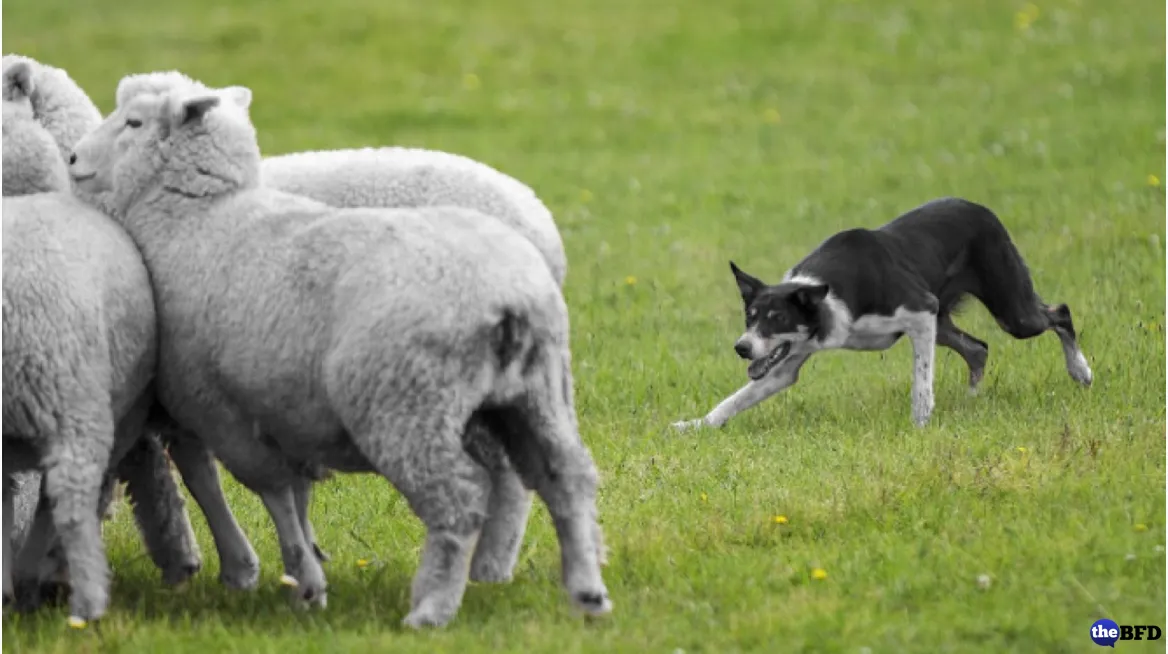Table of Contents
Tom O’Connor
MNZM, JP.
SEPARATISM
This is the first of a series of articles on inter-ethnic relationships in New Zealand in the early 21st century and the development of an informal duality of citizenship, the acceptance of that duality by community leaders and the long-term potential for dis-harmony.
An observation in cultural identity and social cohesion.
Identity
Cultural identity, as a distinct national identity, is perhaps the most misunderstood and misused concept in New Zealand today. It has grown to be much more than a mere name tag to wear on special occasions.
National identity says who we are as the people of a nation; New Zealanders with a proud if somewhat insignificant profile in the world order of things. We have worn the uniform of our armed forces in almost every major world conflict in the past 150 years, we convince ourselves that we produce the best butter, mutton, beef and wine in the world and our sporting colours have flown over the recreational fields of most nations.
However, when it comes to cultural identity we are as deeply divided as any warring third world nation struggling for freedom and democracy. Why has this become so important? The national identity matter is relatively simple; nobody wants to be a nobody! We all have a deep and primitive need to belong to a group. Even belonging to the losing team is better than standing on the sideline not invited to play.
The cultural identity matter has much more sinister and troubling connotations as it carries with it a perception that the differences between people prevent equality. With those differences in recent times has also come the argument that there are now two forms of citizenship in New Zealand.
One for Maori New Zealanders, who have rights of consultation and, by inference, veto or control over central and local government developments, over and above the role of all other citizens in such matters. There is also a perception that attached to that nebulous citizenship concept are rights of access to and use of natural resources over and above those of other people.
The other citizenship is for non-Maori or Pakeha New Zealanders who, it is often assumed by Maori New Zealanders, have inherited the culpability for the wrongs of New Zealand’s colonial era.
This series deals only with the two major groups of New Zealanders; Maori and Pakeha. There are of course many other ethnic and cultural groups that make up the colourful mix of today’s New Zealand.
Who is a Maori?
In a strict translation of the word into English, it simply means “normal”.
Native Polynesian New Zealanders applied the name to themselves in about 1830 to distinguish between themselves and Europeans who were arriving in growing numbers.
In this context, it must be remembered that the islands of New Zealand are the most recently human-colonised land mass in the world and Maori came to New Zealand somewhere between only 800 to 1000 years ago from the Pacific islands to the north-east of New Zealand and began developing their unique culture here. That process of cultural development continues today.
As Polynesians exist throughout the Pacific, they are natives of New Zealand; there are no indigenous or autochthonous New Zealand people. Today the name Maori can rightly be claimed by descendants of these people. They are Maori; the word, when used this way, no longer simply means normal; it now also means a native Polynesian New Zealander. Many people, who can rightfully call themselves Maori today, have more European than Polynesian ancestry and most do not speak their native language although this is changing slowly. They are none-the-less Maori with a unique and constantly evolving culture.
Who is a Pakeha?
In a strict translation of the word into English, it simply means “foreigner”. The name has several probable origins and the most common is that it is an adaptation of the archaic Maori word Pakekeha which was one of several names for the mythical fair-skinned fairy people of the high forest. Later Pakeha was any newcomer and was not an indication of race. About 1830 the name was applied almost exclusively to British or European visitors to New Zealand. They were the majority of strangers at the time but were nonetheless a small minority of the people living in New Zealand until about 1850.
Today the term is generally used to identify descendants of those people. It is not, as many assume, an insult or a derogatory term in itself. They are also now natives of New Zealand in that they were born here of parents, grandparents and often great grand parents who were born here; they exist nowhere else in the world. Visitors from outside New Zealand, or those who were not born here, come under the general and generic name of Tauiwi, or strangers.
Pakeha origins are for the most part British-European, with many other countries contributing to the mix over the years. They have a culture, which has evolved in relative isolation from the rest of the world. Their language is a unique English dialect with a number of adapted and adopted Maori words and a number of regional variations. Philosophies and style of humour have all evolved over the past 220 years into a culture, which is also unique to this part of the world.
A significant influence on that culture has in fact been the Maori culture. They have adopted much more than “kia ora” as a greeting and the haka for rugby. Many other words, attitudes, community generosity, competitiveness and simply the way Pakeha think about things have been hugely influenced, particularly in previous generations before the days of global communications technology, by Maori lifestyle. In recent years the use of the Maori language in the news media, local government and other largely non-Maori groups has grown significantly.
In spite of their origins, Pakeha are no more strangers here than Maori who preceded them by a mere 1000 years or so. Between the first European arrivals and the Pakeha of today are several pioneering generations who, like the Maori before them, initially adapted their lifestyles to fit their surroundings and eventually adapted their surroundings to fit their lifestyles. They are both natives of this land without priority. In this context, native means people born in a specific place (Collins Concise Dictionary) as distinct from people born in another country but afforded New Zealand citizenship.








